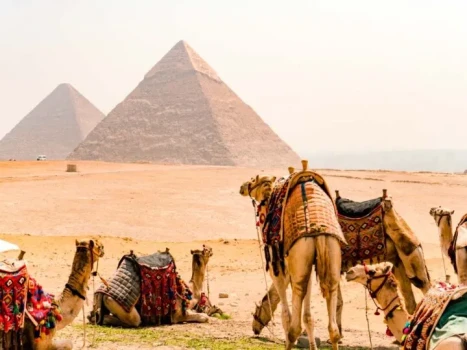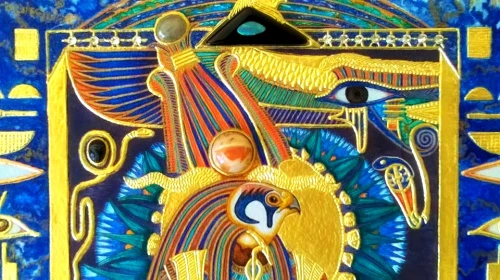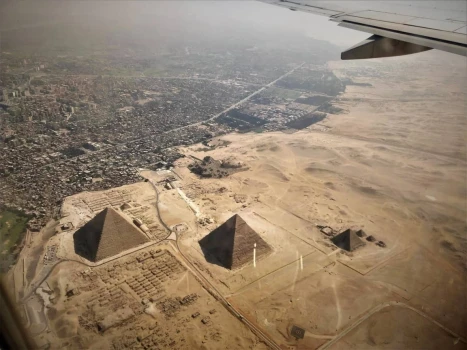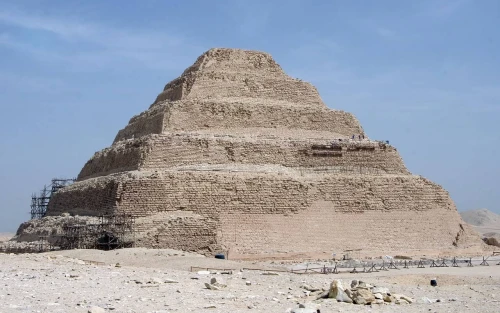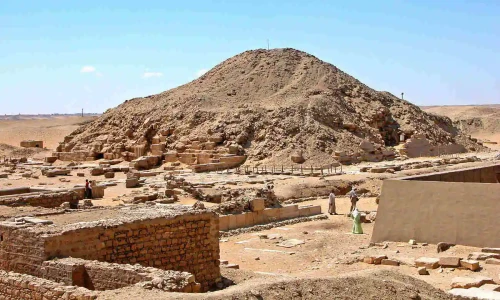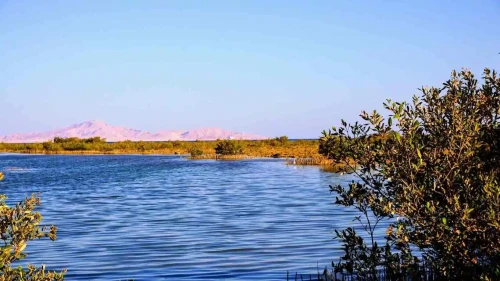
Although Egypt is well-known for its historical sites and illustrious past, it also has beautiful natural beauty. The Nabq Protected Area, which is located in the middle of the Sinai Peninsula, is one such treasure. This nearly 600 square kilometre refuge for biodiversity and animals offers a rare combination of desert, mountains, and sea, making it the perfect getaway for outdoor enthusiasts, nature lovers, and anybody looking to get away from the hustle and bustle of the city.
The Nabq Protected Area will be thoroughly examined in this article, along with its topography, climate, flora and fauna, activities and attractions, and sustainable tourism methods.
Geographically of Nabq Protected Area
the Nabq Protected Area is situated immediately north of Sharm El-Sheikh on the Sinai Peninsula's eastern side. The Red Sea to the east and the untamed Sinai Mountains to the west encircle the region. With hot summers and cool winters, the climate is typical of the desert, with lows of 15°C (59°F) in the winter and highs of over 40°C (104°F) in the summer. Between October through April, when temperatures are milder and more comfortable, is the ideal time to visit.
Flora and Fauna in Nabq Protected Area
A unique habitat with sand dunes, mangrove forests, and coral reefs may be found in the Nabq Protected Area, which is home to a wide variety of plants and animals. The mangrove forests are an essential component of the ecosystem because they provide a home for a variety of marine life, including fish, crabs, and prawns, as well as serving as a crucial breeding site for migrating birds. A variety of rare and imperilled species, such as the Nubian ibex, the Sinai bat, and the sand cat, can also be found in the region. Via pursuits like hiking, diving, snorkelling, and wildlife observation, tourists can discover the area's natural splendour.
For the delicate ecosystem of the Nabq Protected Area to be preserved, sustainable tourism is essential. It is a protected region, thus strict rules must be followed to preserve its biodiversity and natural beauty. To have as little of an impact on the environment as possible, visitors must adhere to sustainable tourism rules such not littering and sticking to approved pathways.
In conclusion, the Nabq Protected Area is a unique combination of desert, mountains, and sea, and it is a natural treasure in Egypt's Sinai Peninsula. It is the ideal location for nature lovers and adventurers alike due to its vast range of flora and wildlife and abundance of activities and attractions. Visitors may contribute to preserving this vulnerable ecosystem for future generations by engaging in sustainable tourism.
 English
English
 Spain
Spain

